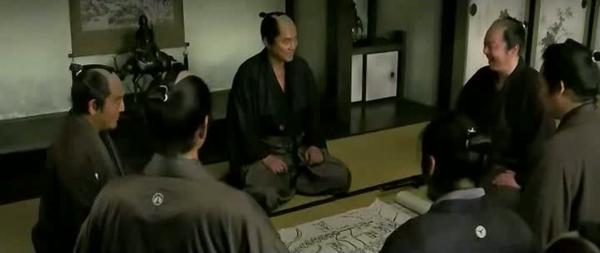13 Assassins
aka Jusan-nin no shikaku aka 十三人の刺客
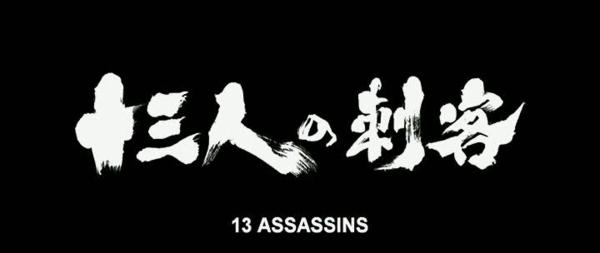
2010![]()
Directed by Takashi Miike
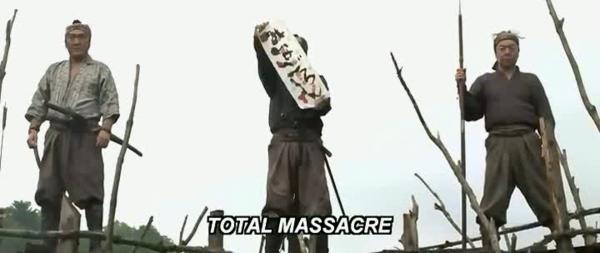
Takashi Miike can make any type of film imaginable. He loves cinema, he loves to work, and his output is legendary. Miike crosses genres like they’re T’s, smearing the lines and creating unique works. His pattern of excesses give his films a tone that cannot be matched by other directors, even as the tones differ based on which excesses he is exercising for the film. From family-friendly fare to ultra-violent yakuza film, Miike puts his heart into everything he does. He pushes limits, test boundaries, and kicks butt.
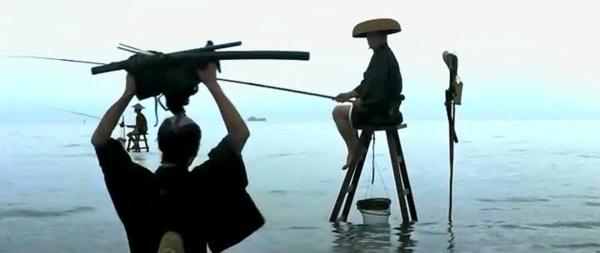
Due to Miike’s initial popularity in cult movie circles in the West due to movies like Ichi The Killer, Audition, Fudoh, and Dead or Alive, people naturally assumed that he only made ridiculously violent films. I’m sure watching The Great Yokai War, Zebraman, or Yatterman blew their minds to smithereens. 13 Assassins has returned Miike to notice in the international scene, but again it is for a film that features a lot of violence. Most of the violence waits until the end of the film, and instead we go through samurai life, political drama, honor, and journey and preparation. I could say that I was one of those people who like to watch samurai films and am totally into the whole samurai code blah blah blah thing, but I actually don’t like samurai films (nor other period dramas known as jidaigeki.) Frankly, I don’t really care to watch stodgy guys sit around worrying about their honor for 90 minutes until a brief swordfight happens. This probably makes me a bad nerd and bad movie reviewer, but, whatever. I’ve avoided other recent samurai films, and only saw this one as Miike is attached to it. Miike manages to keep things interesting better than I hoped, preventing what could have been a dry and slow buildup with good characterization, planning, and the fallout when things don’t go according to plan and you end up wandering around the woods. There are even supernatural elements hinted throughout the film, the more you pay attention the more you realize where they are.
13 Assassins is a remake of 1963’s Jusan-nin no shikaku (The Thirteen Assassins), a film many (including myself) haven’t seen. In fact, my favorite part of the reviews for this is everyone bringing up Seven Samurai (including this review) while hardly anyone mentions the original version of 13 Assassins. It actually took a while to find a good site comparing the two films, and from what I can see Miike follows the original’s story fairly faithfully, but brings it down to a more human level.
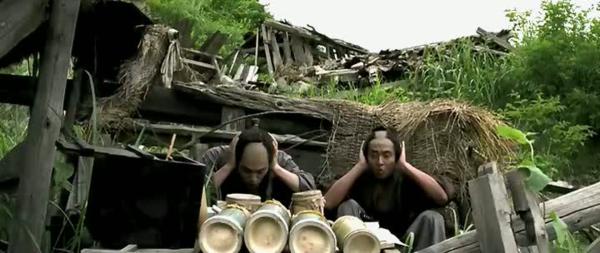
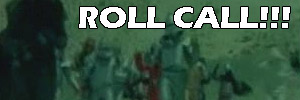
|


